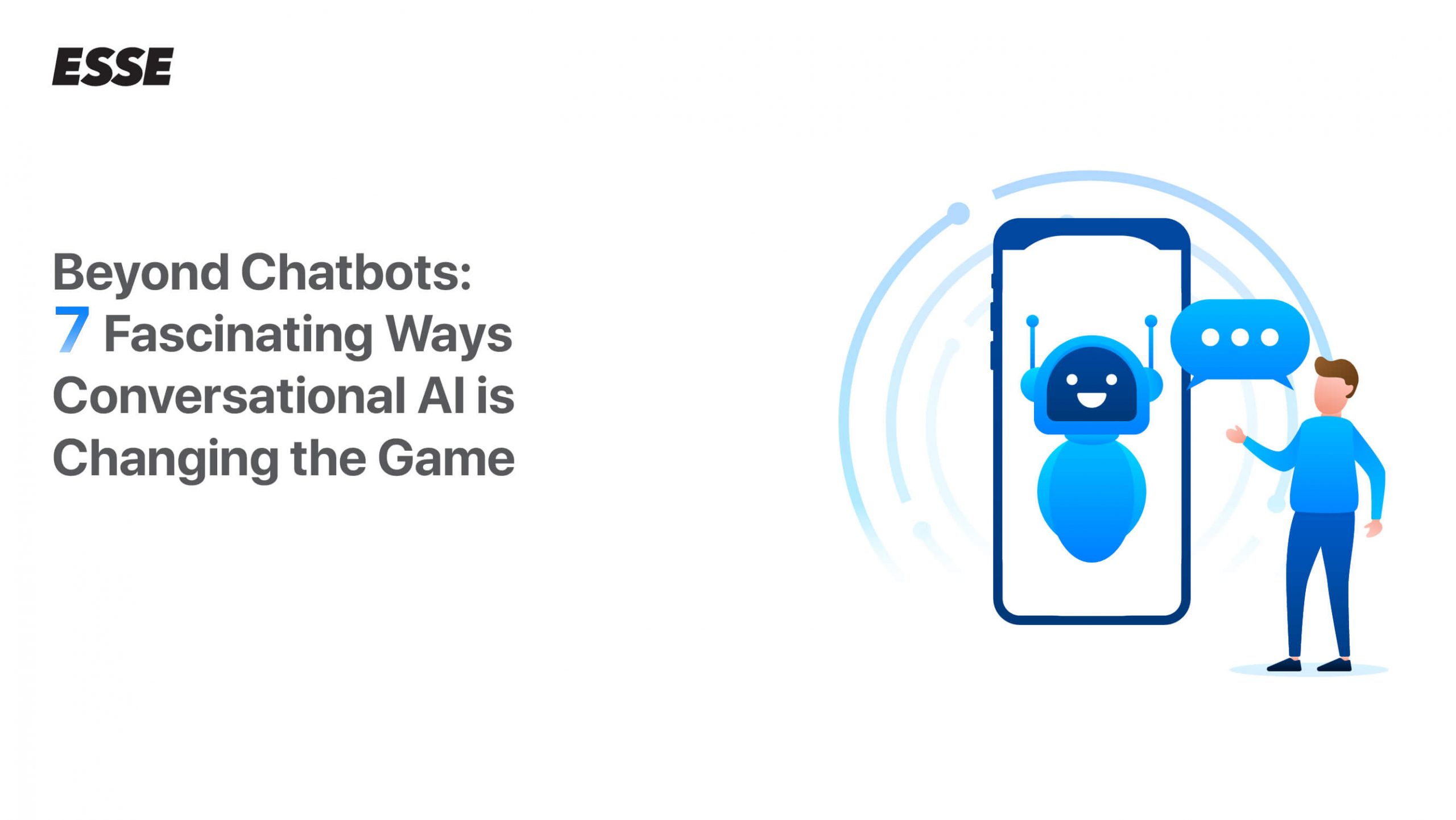In recent years, conversational AI has made tremendous progress in changing the way we interact with technology. Today, chatbots and virtual assistants are no longer limited to simple tasks like setting reminders and playing music. Instead, they are being used in increasingly creative ways, with applications in areas like mental health, customer service, and even gaming.
Mental Health Support:
Conversational AI can provide mental health support to individuals by acting as a virtual therapist or counselor. This is especially useful for those who may not have access to traditional mental health resources due to financial, geographic, or other barriers. For example, the AI-powered chatbot Woebot offers cognitive-behavioral therapy (CBT) to users, helping them manage anxiety and depression. Woebot is available 24/7 and can help users identify negative thought patterns, challenge them, and develop coping strategies.
Personal Styling:
AI-powered chatbots can assist users in finding the perfect outfit or style based on their preferences, body type, and occasion. For example, H&M’s chatbot offers fashion advice and helps customers put together outfits. Users can provide information about their personal style and the chatbot will provide recommendations based on their preferences. This can help users save time and avoid the frustration of sifting through hundreds of options on their own.
Language Learning:
AI-powered chatbots can help individuals learn a new language by engaging them in conversation and providing feedback. For example, Duolingo offers an AI-powered chatbot that helps users practice speaking a new language. The chatbot can understand and respond to natural language and can provide feedback on pronunciation, grammar, and vocabulary usage.
Personal Finance Management:
AI-powered chatbots can assist users in managing their finances by providing personalized advice and alerts. For example, the chatbot Cleo helps users track their spending and offers financial advice based on their habits. Cleo can also help users save money by suggesting ways to cut back on unnecessary expenses and offering tips on how to budget more effectively.
Virtual Personal Shopping Assistant:
AI-powered chatbots can act as personal shopping assistants, helping users find the right products and making personalized recommendations. For example, North Face’s chatbot helps users find the right gear for their outdoor activities. Users can provide information about their preferences and the chatbot will provide recommendations based on their needs and budget.
Gaming:
Conversational AI can be used to create more immersive and interactive gaming experiences. For example, the AI-powered game AI Dungeon allows players to interact with the game’s story and characters through natural language conversations. This allows players to have a more personalized and engaging experience than traditional video games.
In a nutshell, conversational AI is more than just a tool for customer service or marketing. It’s a versatile technology with a wide range of interesting and unconventional use cases that can make our lives easier and more enjoyable. Whether it’s helping us manage our mental health, learn a new language, or pick out the perfect outfit, conversational AI has the potential to revolutionize the way we interact with technology. And with advancements in AI technology, we can expect to see even more innovative applications in the near future. So, buckle up and get ready for an exciting ride!


Leave a Reply